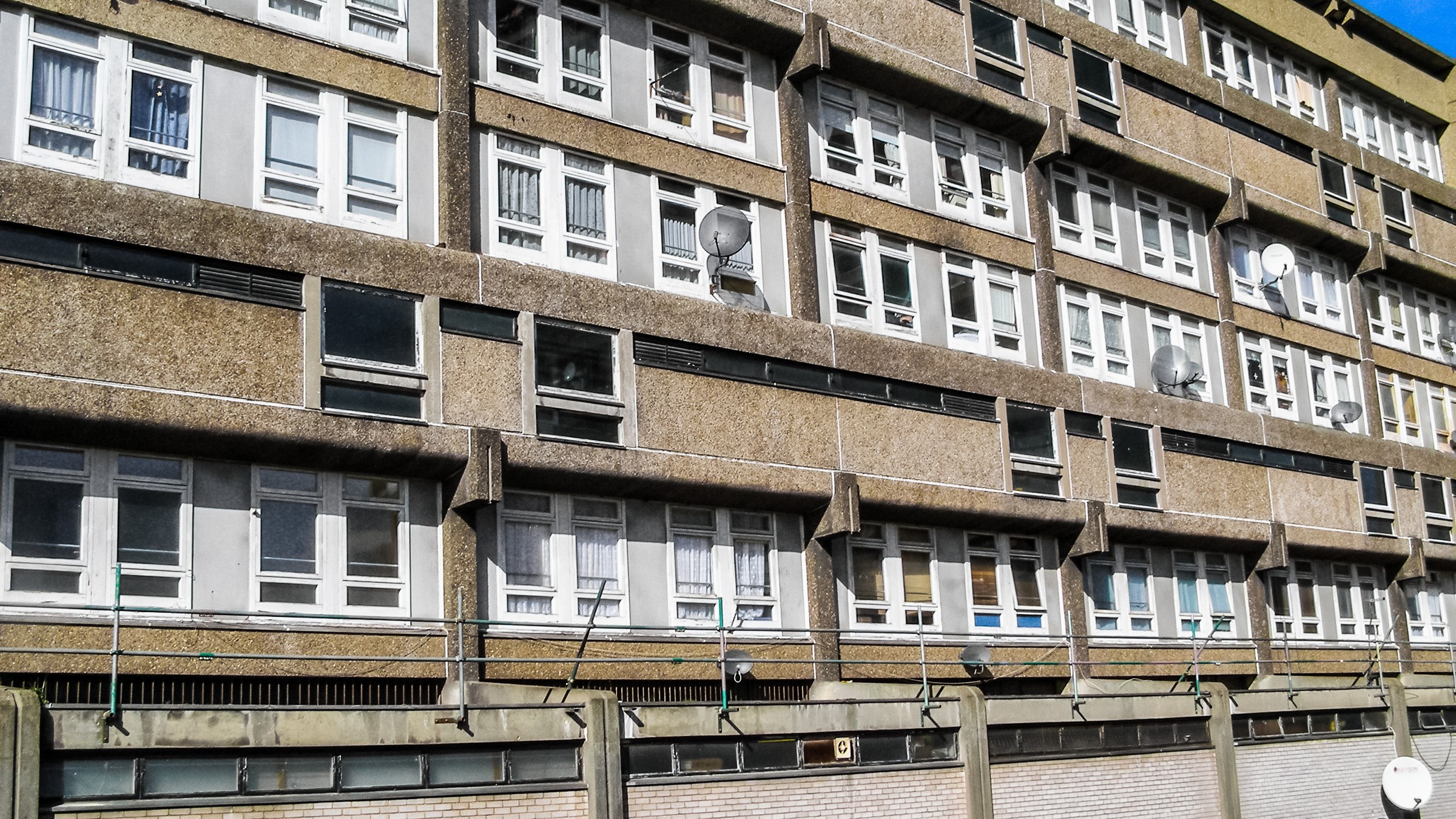
In February, the UK government issued its response to the Grenfell Tower Inquiry phase 2 report, and published its Construction products reform green paper setting out proposals to reform the sector and address the systemic failures that contributed to the tragic fire.
The government has committed to act on all the report's recommendations and make changes that are within its control, while requiring non-governmental bodies challenged to act by the inquiry to respond, effect the necessary changes and report back. The government is also setting up panels to consider particular areas and intends to engage with industry on the remaining matters.
In May, the government issued a progress report on its follow-up actions. One of the recommendations that it will not be implementing in full, though, is to run all product testing and certification itself.
As it manages the regulation of that sector, it said carrying out the testing as well would be a conflict of interest. Instead, it aims to ensure that the testing sector is tightly monitored and regulated through the measures it sets out in the green paper.
Challenges for the industry
There are four areas in the government's response to the report recommendations that I believe present challenges for the built environment industry.
- That the definition of a higher-risk building for the purposes of the Building Safety Act 2022 be reviewed urgently.
- That the secretary of state for the home department appoint a chief construction adviser with a sufficient budget and staff to provide advice on all matters affecting the construction industry.
- That the statutory guidance generally, and Fire Safety: Approved Document B in particular, be reviewed accordingly and a revised version published as soon as possible.
- That the government appoint an independent panel to consider whether it is in the public interest for building control functions to be performed by those who have a commercial interest in the process and whether building control should be carried out under a single national regulator.
RICS – via the RICS Fire Safety Working Group – will ensure that the expertise of the various disciplines represented by the institution are offered to the work going on in these key areas.
Ensuring competence is among key recommendations
Competence is a central issue for several of the inquiry's recommendations. We have already seen the mandatory competency assessment in the new registration of building inspectors, and the addition of Building Regulations Part 2A chapter 3, 11F–11H, which require clients to ensure the competence of those they employ to undertake design and carry out building work.
I must emphasise that these requirements for ensuring competence apply to all building work that is subject to the regulations, not just higher-risk buildings (HRBs), as there appears to have been a lot of misunderstanding on that point.
In addition to these measures, the inquiry made the following recommendations regarding competence.
- The profession of fire engineer will be recognised and protected by law. An independent body will be established to regulate this profession, define the standards required for membership, maintain a register of members and oversee their conduct.
- The Architects Registration Board and Royal Institute of British Architects should review the changes they have already made to ensure they are sufficient in the light of the inquiry’s findings.
- A licensing scheme operated by the newly established construction regulator should be introduced for principal contractors wishing to undertake the construction or refurbishment of HRBs.
- The government will establish a system of mandatory accreditation to certify the competence of fire risk assessors.
Industry cautioned it must do more on CPD
Professionals not specifically identified in the Inquiry's report and subsequently the government's response should not believe that they are likely to be exempt from external government regulation.
Far from it. One has only to look at chapter 3 of the government response, 'Our commitment to go further', which says that although 'important progress has been made, there is more we can and must do', and that it 'will ensure that expectations and accountabilities are clear for all involved in designing, building and maintaining buildings across the country'. It also affirms that 'we must work together to do things differently so residents can recognise that the system works for them'.
Dame Judith Hackitt fired a warning shot to the professions in her keynote address at the Chartered Institute of Building's annual Sir James Wates lecture at the end of last year saying public confidence in the built environment profession had been severely damaged.
She added that restoring society's confidence in competence of the professions is something that industry must take a lead on, otherwise it should expect the government to impose measures of its own.
Continuing professional development (CPD) is a particular mechanism that Dame Judith finds weak. Building on this theme, I would also ask, is the way that the professions operate their CPD regimes strong enough to maintain relevant competence? Are CPD mechanisms designed to require planning of the relevance of competence programmes? Is monitoring and, if necessary, regulation of continued competence robust?
I am glad to see that RICS has already responded to this challenge by announcing significant changes to strengthen its CPD framework in May 2025, and by saying it will continue the good work it has done on fire safety since the Grenfell Tower fire. This will include new additional training programmes and webinars for members.
We must all realise how important this is to the restoration of public confidence and ensure that our response to the challenge is suitably robust, continuing to focus on competence both individually and institutionally.
‘Restoring society's confidence in competence of the professions is something that industry must take a lead on, otherwise it should expect the government to impose measures of its own’
David McCullogh FRICS is a fire compliance manager at Balfour Beatty and chair of the RICS Fire Safety Working Group
Contact David: Email
Related competencies include: Fire safety, Inspection, Legal/regulatory compliance

